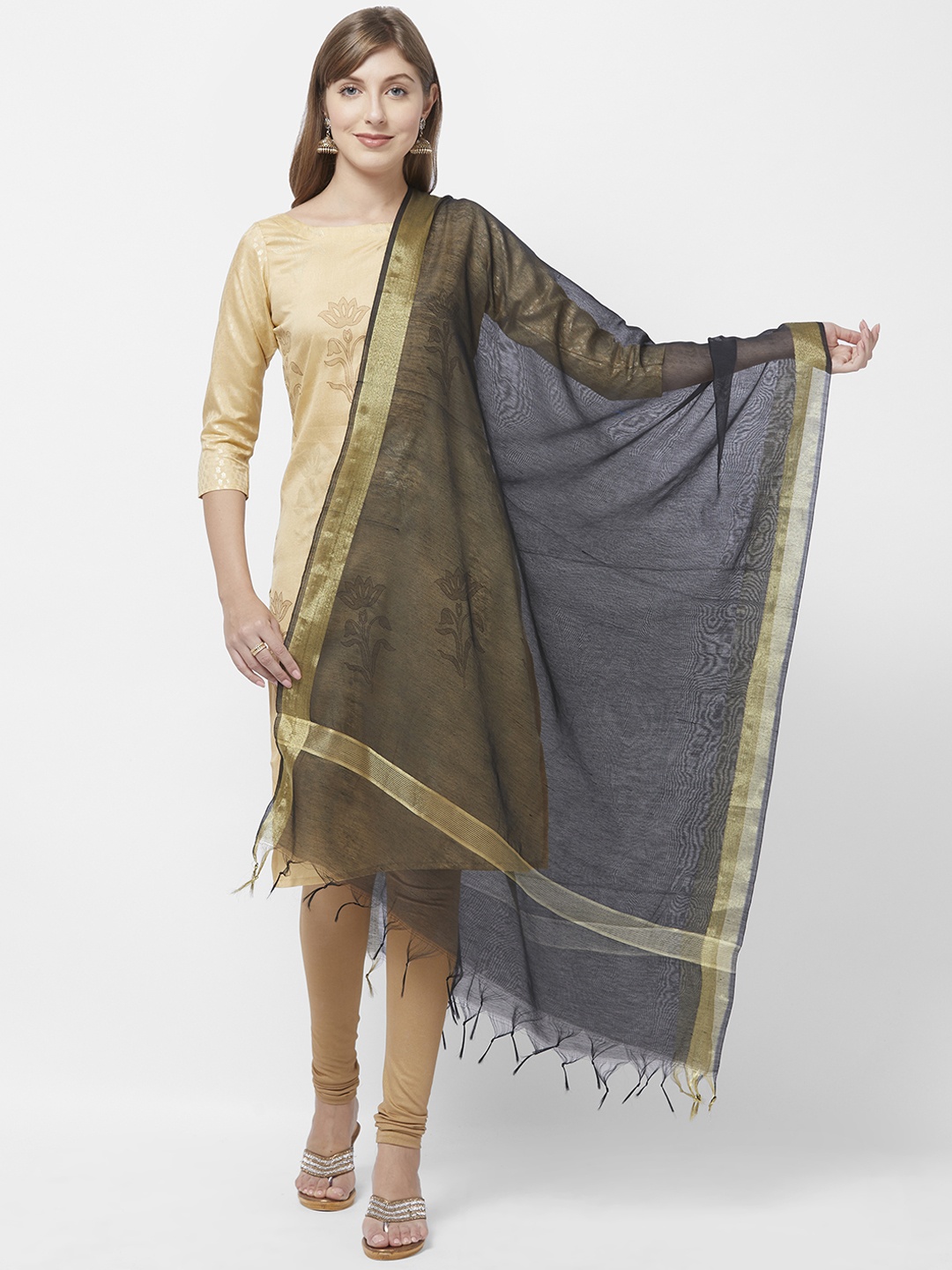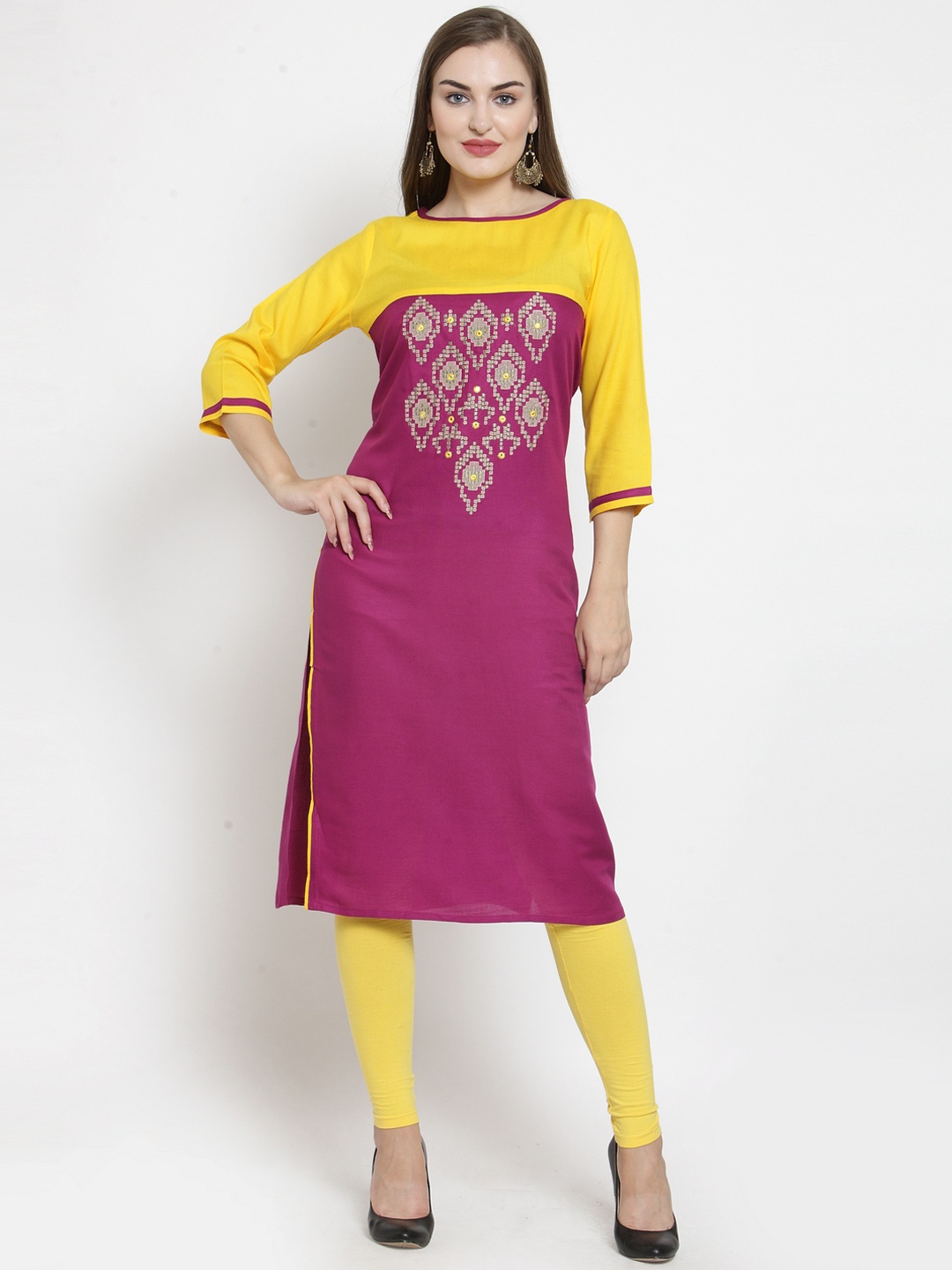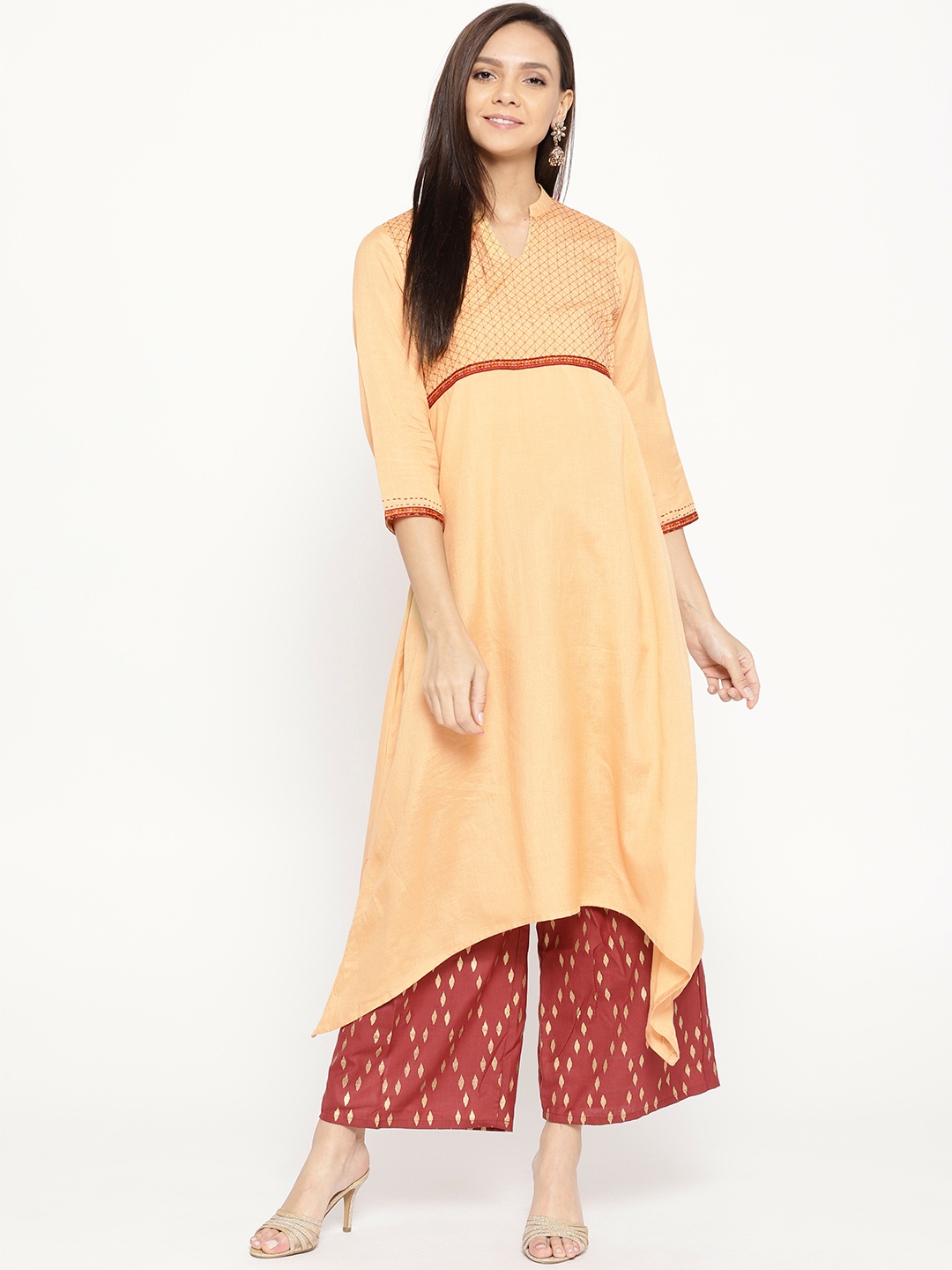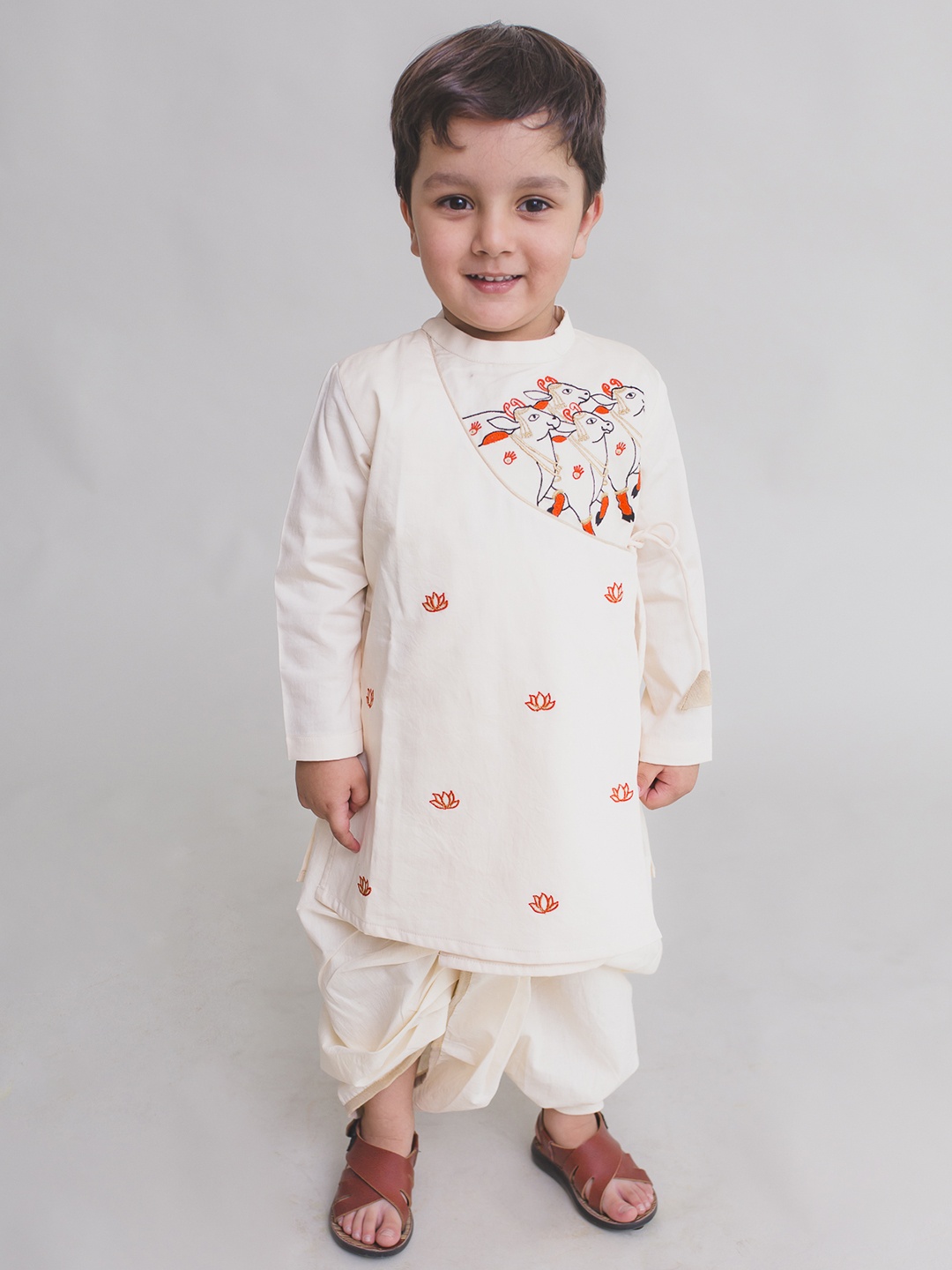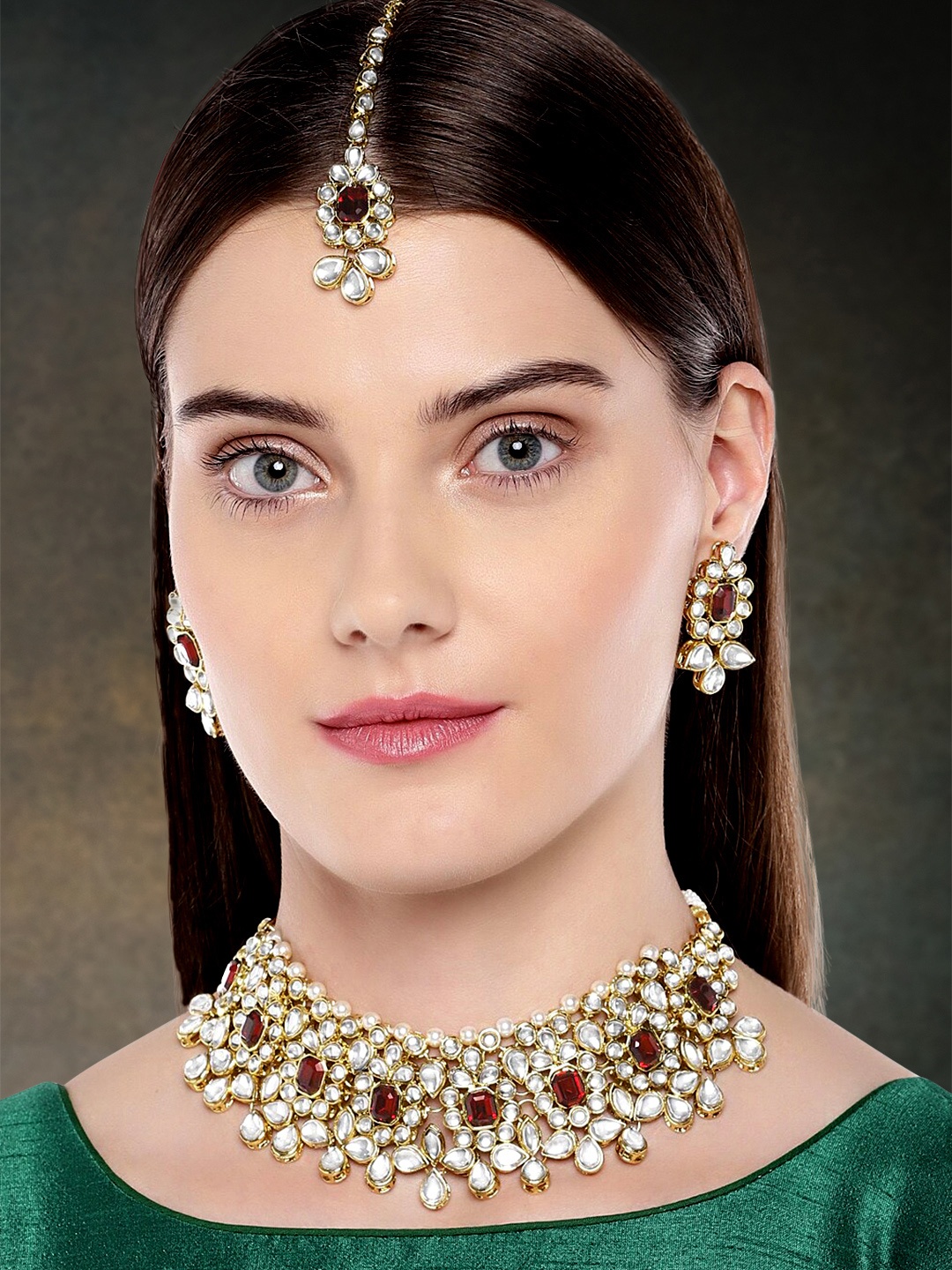Hate Ironing? This Is Why Linen Shirts Crease Instantly And What To Buy Instead
Linen shirts are timeless, breathable and stylish. This is a friendly guide to understanding why linen behaves the way it does and what to wear instead if you prefer looking sharp with minimal effort.

Hate Ironing? This Is Why Linen Shirts Crease Instantly And What To Buy Instead.
There's something undeniably elegant about a linen shirt, the soft texture, the relaxed drape, the effortless charm that whispers “holiday-ready” even on a Monday morning. But the romance fades fast when the fabric creases before your second cup of chai. One minute, it's crisp and dapper; the next, it's a crumpled memory of your morning effort.
We've all been there, standing in front of the mirror, smoothing out wrinkles with damp hands, hoping they'll magically disappear. Spoiler: they don't. Linen's tendency to wrinkle isn't a design flaw; it's in its DNA. But fret not. Understanding why this happens and discovering alternatives that blend comfort with convenience can save your wardrobe and your patience.
So, if you hate ironing linen shirts, know why they crease instantly, and the best wrinkle-resistant alternatives to that will keep you looking crisp all day long.

Let's unravel this wrinkle mystery surrounding linen shirts and explore smarter options that'll keep you stylish without turning ironing into a daily workout; Photo Credit: Pexels
1. The Truth About Linen: Nature's Beautiful Flaw
Linen is made from flax fibres, one of the oldest textiles known to humankind. Its charm lies in its natural texture, breathability, and durability. However, those same properties that make linen special also cause it to wrinkle easily. Each flax fibre is long and rigid, meaning it doesn't bounce back once creased. Unlike synthetics that stretch and recover, linen holds onto every fold and bend like a stubborn memory.
When you move, sit, stretch, or even reach for your phone, the fibres bend and stay that way. The heat and moisture from your body only make those wrinkles settle in deeper. But that's also what gives linen its relaxed, lived-in appeal. In fact, in many parts of the world, a few wrinkles are seen as a mark of authenticity. Still, for anyone who loves a crisp, polished look, this “natural flaw” can be frustrating.
2. Why Linen Feels So Good, Yet Looks So Messy
There's no denying the comfort linen offers in tropical climates. The fabric allows air to circulate freely, keeping you cool on humid afternoons and sticky evenings. It's no wonder it's a summer wardrobe favourite. Yet, while your skin sighs in relief, your appearance may not, especially if your shirt ends up looking like it survived a wrestling match with a suitcase.
The problem lies in linen's lack of elasticity. Every time you fold your arms, bend down, or sling a bag over your shoulder, the fabric creases at the pressure points. Add a bit of heat from the sun or your body, and voilà, instant wrinkles. Ironically, the very characteristic that makes linen breezy (its loose weave) also ensures it loses its crispness faster than you can say “laundry day.”
Also Read: The Linen Shirt Advantage: Beat the Heat Without Looking Crumpled
3. The Science Behind The Wrinkles
Let's get slightly geeky for a second. Linen fibres contain cellulose, a natural polymer that forms stiff bonds. When these fibres are twisted or folded, the hydrogen bonds between cellulose molecules break, but when they reform, they lock into the new shape. That's why once a linen shirt creases, it stays that way until heat and moisture (from ironing or steaming) reset those bonds.
Cotton and blends, in contrast, have more flexibility between fibres. They spring back to shape more easily. That's why cotton wrinkles less, and synthetic fabrics even less so. Linen's wrinkles aren't a sign of poor quality, they're proof that you're wearing a fabric that's pure, unblended, and full of character. Still, not everyone finds comfort in embracing the “crumpled chic” aesthetic.
4. Why Your Linen Shirt Wrinkles Faster Than Your Friend's
Not all linen is created equal. The weave, thickness, and blend play a huge role in how quickly your shirt wrinkles. A finely woven linen, like the kind used in formal shirts, tends to crease faster than thicker, textured versions. Pure linen wrinkles more than blended linen, which might include cotton or viscose for a smoother fall.
How you care for it matters too. Over-drying linen in harsh sunlight or stuffing it in a crowded wardrobe can exaggerate the creases. Even though you iron it makes a difference; linen prefers to be pressed while damp, not bone dry. So if your friend's linen shirt stays neater, it's probably a clever mix of better quality fabric and a few handling tricks.
5. The Linen Conundrum: Style vs. Maintenance
Owning linen is a bit like owning a vintage car, gorgeous, timeless, but demanding. You love the feel, but it comes with a price: effort. It's ideal for slow weekends, casual brunches, and breezy holidays. But for everyday office wear or travel? Not so much.
There's also the issue of maintenance costs. Frequent ironing or professional steaming isn't cheap, a quick press at a local laundry can set you back ₹30–₹50 per shirt, which adds up fast. And while some accept linen's natural creases as “effortless charm,” many would rather not explain to their boss why their shirt looks like it was used as a napkin.

Why Linen Shirts Wrinkle So Fast And What To Buy If You Hate Ironing; Photo Credit: Pexels
6. Cotton-Linen Blends: The Balanced Alternative
For those torn between linen's comfort and the craving for a neat look, cotton-linen blends are a gift. They combine the best of both worlds, cotton's softness and elasticity with linen's breathability. The result? Shirts that stay smoother for longer and still let your skin breathe.
These blends also drape better and are easier to iron. They absorb dye more evenly, giving you richer colours that don't fade easily. Most brands have perfected these blends to feel almost like pure linen, but with a more practical personality. So, if you love the texture but hate the wrinkles, this might be your go-to. Prices range from around ₹1,200 to ₹2,500 for good-quality blends, making them an affordable wardrobe staple.
7. The Magic Of Performance Fabrics
Modern textile innovation has changed the game. “Wrinkle-free” and “easy-care” fabrics aren't just marketing gimmicks anymore. These materials often blend natural fibres with synthetics like polyester or Tencel to resist creasing. The result: shirts that can survive a packed day, from office hours to dinner plans, without begging for an iron.
They're light, quick-drying, and surprisingly comfortable. Some even have moisture-wicking properties, making them ideal for humid weather. Popular brands now offer shirts that promise “zero ironing” and “24-hour crispness,” and they actually deliver. For those who prefer convenience over tradition, these are worth every rupee.
8. Oxford Cotton: The Reliable Classic
When it comes to shirts that balance polish with practicality, Oxford cotton never disappoints. Slightly heavier than regular cotton, it holds its structure better, reducing visible wrinkles. It's soft, breathable, and perfect for semi-formal occasions or daily office wear.
Oxford shirts also age beautifully, the more you wear them, the better they feel. They require minimal ironing, especially if air-dried properly. Pair one with chinos or trousers, and you're effortlessly well-dressed without worrying about post-lunch creases. A good Oxford shirt costs anywhere between ₹1,500 and ₹3,000, and it's worth every bit for its reliability and long life.
9. Seersucker, Chambray, and Other Cool Alternatives
If you're after texture and style without the wrinkle drama, seersucker and chambray are brilliant options. Seersucker's puckered surface means it doesn't need to be perfectly ironed, the fabric looks good even when slightly rumpled. Chambray, on the other hand, has a denim-like appearance but feels much lighter and softer.
Both are breathable and well-suited to warm weather. They look effortlessly casual and need only basic care. Pair a pastel chambray shirt with light trousers, and you're brunch-ready in minutes. The best part? You can roll up the sleeves, and it still looks intentional.
10. Care Tips For The Wrinkle-Obsessed
Even if you stick with linen, a few clever habits can make a big difference. Hang your shirts right after washing, don't let them sit in a damp pile. Iron while slightly damp or use a steam iron for better results. Avoid overstuffing your wardrobe; give your shirts space to breathe. When travelling, roll your shirts instead of folding, it minimises sharp creases.
And here's a neat trick: spritz a bit of water on your linen shirt and smooth it gently with your hands before wearing. It won't erase wrinkles, but it'll tone down the drama. At the end of the day, a few lines on linen aren't flaws; they're part of its personality.
Products Related To This Article
1. Mast & Harbour Men Sage Green Solid Casual Cotton Linen Shirt
2. PURYS Casual Linen Shirt
3. THE BEAR HOUSE Striped Slim-Fit Cotton Linen Shirt
4. Roadster The Lifestyle Co. Cotton Linen Oversized Shirt
5. Mast & Harbour Slim Fit Cotton Linen Shirt
6. CORSICA Cotton Linen Casual Shirt
7. The Souled Store Long Sleeves Cotton Linen Oversized Shirt
Linen shirts are like poetry, raw, beautiful, but a little imperfect. They speak of effortless elegance but demand patience in return. Understanding why they wrinkle so easily helps appreciate their nature, but it's also perfectly fine to choose convenience.
For those who want the look without the labour, cotton-linen blends, Oxford weaves, and wrinkle-free fabrics are smart choices. After all, style should make life easier, not more complicated. Whether you choose to embrace the crumples or move on to smoother options, what matters most is feeling comfortable, confident, and ready to face the day, wrinkle or no wrinkle.
Disclaimer: The images used in this article are for illustration purposes only. They may not be an exact representation of the products, categories, and brands listed in this article.









